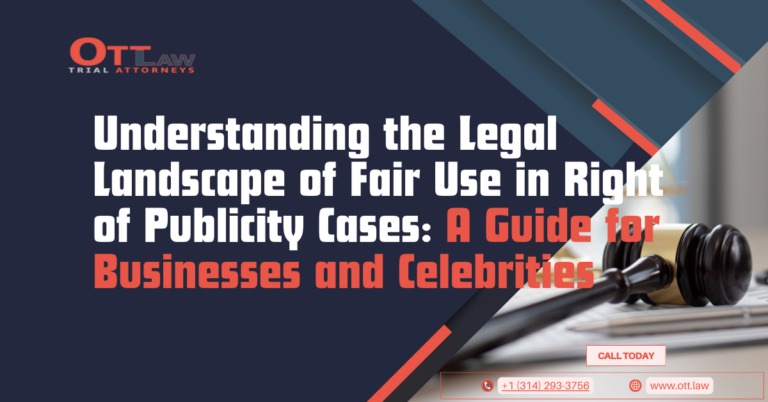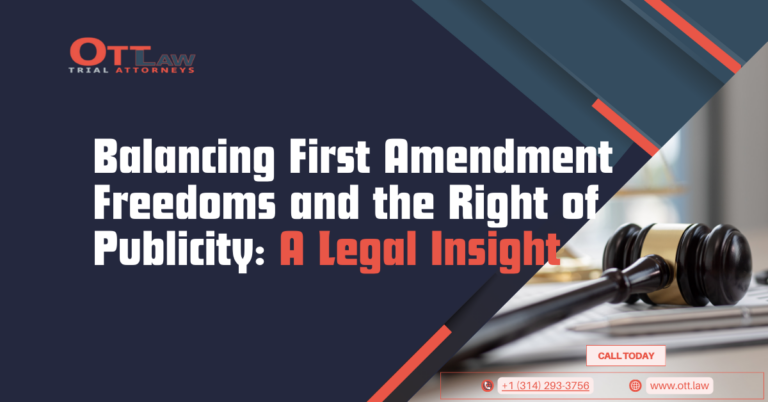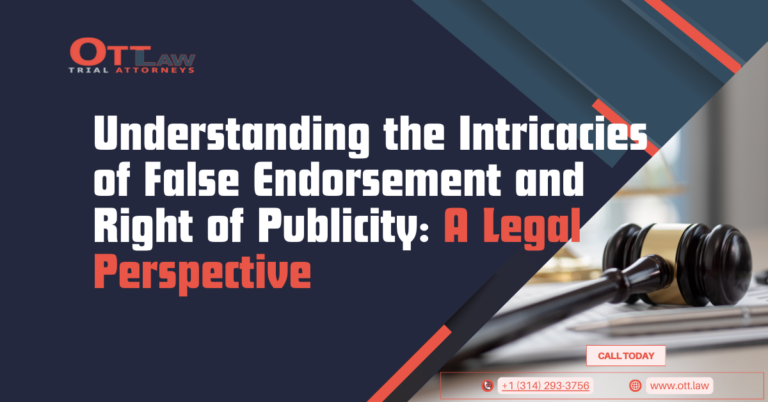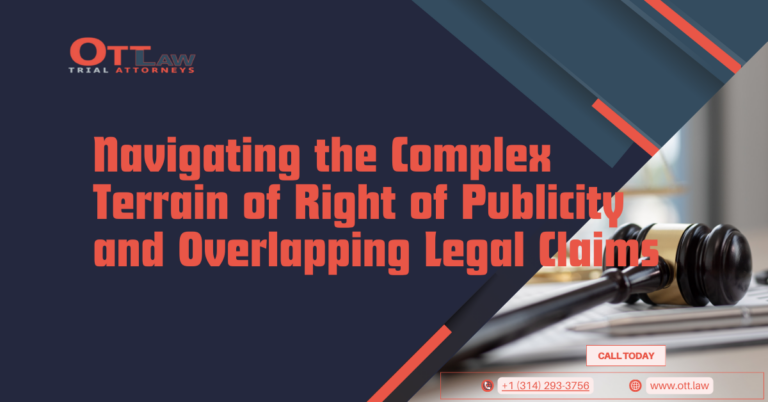What Is Copyright Preemption?
In a digital era where intellectual property is at the heart of countless industries, understanding the nuances of copyright preemption is vital for both attorneys and clients alike. Established by the Copyright Act of 1978, copyright preemption has sowed some confusion due to its ambiguous nature, particularly in relation to the right of publicity. The majority of courts maintain that copyright preemption does not encompass the right of publicity, given its inherent human identity characteristics. However, a minority view argues that in certain narrow circumstances, preemption does occur. This blog post will delve into the critical aspects of copyright preemption and its intersection with the right of publicity.
The Copyright Preemption Test: Two Doors of Section 301(a)
According to Section 301(a) of the Copyright Act, the copyright preemption test involves two main factors:
- The right of publicity claim is not equivalent to the copyright.
- The subject matter of the claim falls outside the scope of copyrightable subject matter.
The Right of Publicity: A State-by-State Issue
Rights of publicity can vary significantly from state to state, especially regarding post-mortem rights. Only a select number of states in the U.S. extend right of publicity protection after death, including but not limited to California, Florida, and New York. What complicates matters further is the domicile of the celebrity; this can significantly influence whether their image remains protected post-mortem.
Case Study: Marilyn Monroe’s Post-Mortem Right of Publicity
The legal struggles surrounding Marilyn Monroe’s post-mortem right of publicity highlight the complexities involved. Although she passed away in 1962, before California recognized a post-mortem right of publicity, her estate has since fought vigorously to control her image. The estate’s choice to claim New York as Monroe’s domicile for tax reasons has rendered the enforcement of her right of publicity difficult, showcasing the challenges of a non-uniform legal landscape.
Moving Toward Trademark Law
Given the hurdles in claiming a post-mortem right of publicity, the estate of Marilyn Monroe sought refuge in trademark law. However, the courts have not made it easy, creating a challenging roadmap for others who might try to follow in the same footsteps.
Variations in State Law and the Need for Federal Regulation
State laws governing the right of publicity are often inconsistent, which has led to calls for federal legislation. In California, the post-mortem right of publicity has undergone several changes, now providing a more robust protection scheme. Unlike other jurisdictions, California protects the rights of the deceased whether or not they exploited those rights during their lifetime.
Rogers v. Grimaldi: Balancing Act with the First Amendment
Even with these existing frameworks, the issue becomes even more complex when the First Amendment enters the picture. One key case in this realm is Rogers v. Grimaldi, which offers a two-pronged test to balance the right of publicity against First Amendment rights. However, the application of these tests, particularly in new media like video games, augmented reality, and virtual reality, remains far from clear-cut.
Conclusion: The Road Ahead
As technologies advance and our lives become increasingly digital, the intricacies of copyright preemption and the right of publicity will only become more convoluted. While the courts and legal experts are yet to arrive at a universally accepted framework, being knowledgeable about existing regulations is crucial for effective legal practice in intellectual property law. Until federal law steps in to provide a standardized approach, navigating this complex landscape will remain a challenging yet essential task for intellectual property lawyers.
Disclaimer: This blog post is intended for informational purposes and should not be construed as legal advice. Please consult with a qualified attorney for advice regarding your specific situation.




